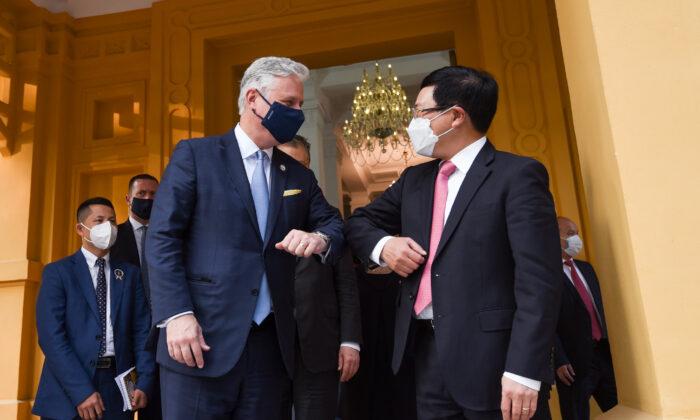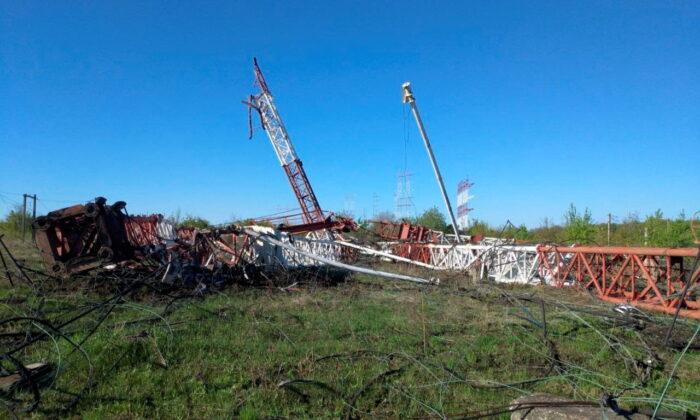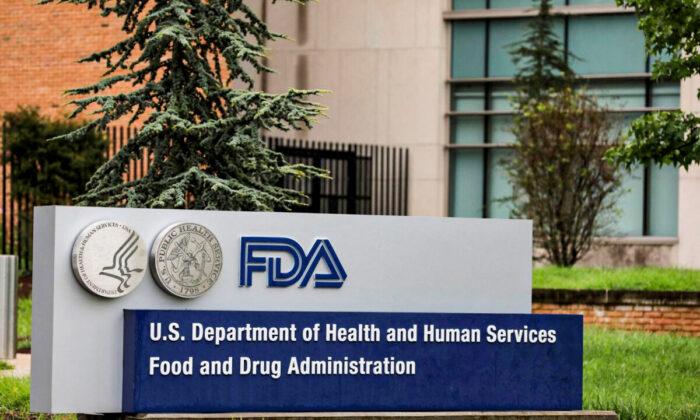White House national security adviser Robert O’Brien urged Vietnamese leaders to curb the illegal re-routing of Chinese exports through their country to avoid American tariffs.
In an interview with Bloomberg News, President Donald Trump’s aide O’Brien said the two countries discussed issues facing Vietnam’s regional stability, which is being challenged by the Chinese Communist Party (CCP), during a three-day visit that commenced Friday.
O’Brien told Bloomberg News that Vietnam is “very concerned” about the CCP’s “incredibly aggressive” actions in the South China Sea that prevents the Vietnamese from tapping resources such as fisheries, natural gas, and oil drilling.
In a meeting with Vietnamese officials, including Prime Minister Nguyen Xuan Phuc and Foreign Affairs Minister Pham Binh Minh, O’Brien discussed potentially assisting the country with funding to purchase American helicopters.
He later told Bloomberg that Vietnam is typically wary of issuing China-related statements and wishes to maintain good relations with Beijing. He added that Vietnam believes Beijing would be less likely to interfere in their domestic politics if U.S. companies became involved in offshore oil and gas projects.
Vietnam’s Ministry of Foreign Affairs didn’t immediately respond to a request for comment by The Epoch Times.
The United States expressed its intentions to launch U.S.-Vietnam dialogue on international law enforcement and saw the signing off on the Long Son LNG-to-power project that “will include approximately $1 billion in General Electric equipment, services, and equity” to bring 1,500 megawatts of “clean and reliable power to Vietnam, strengthening Vietnam’s energy security and supporting its economic development.”
The United States also said that curbing Chinese trans-shipments that help China evade U.S. tariffs and easing the trade deficit with the United States “could be the basis for a reversal” of the preliminary anti-subsidy duties the Commerce Department imposed on Vietnamese car and truck tires this month. The department cited the socialist nation’s “undervalued currency” among the reasons for the tariffs.
ASEAN States and China
O’Brien’s remarks over the weekend came weeks after Secretary of State Mike Pompeo urged Southeast Asian countries to stand up to maritime bullying by the Chinese regime and to reassess business deals with its state firms.O’Brien said that Vietnam’s strategy for standing up to China is to cooperate with neighboring countries through ASEAN, though Beijing has some leverage in the organization through its ally Cambodia.
Pompeo told foreign ministers of the 10-member Association of Southeast Asian Nations (ASEAN) in September that the region should be confident in the United States and know it can bank on its support.
“Today, I say keep going. Don’t just speak up but act,” Pompeo said. “Reconsider business dealings with the very state-owned enterprises that bully ASEAN coastal states in the South China Sea. Don’t let the Chinese Communist Party walk over us and our people.”
The run-up to the Nov. 3 election saw a spike in military activities by China in the South China Sea which was matched by the United States.
Beijing claims historical sovereignty over most of the waterway but its neighbors and the United States say that claim has no basis in international law, including the 1982 United Nations Convention on the Law of the Sea (UNCLOS), to which China is a signatory.
In a September statement, Vietnam Foreign Minister welcomed the America’s role in supporting the region’s hope for peace, stability, security, and freedom of navigation.
Vietnam’s prime minister meanwhile said Saturday that no matter who wins the U.S. presidential election, the United States “is still a friend.”






Friends Read Free